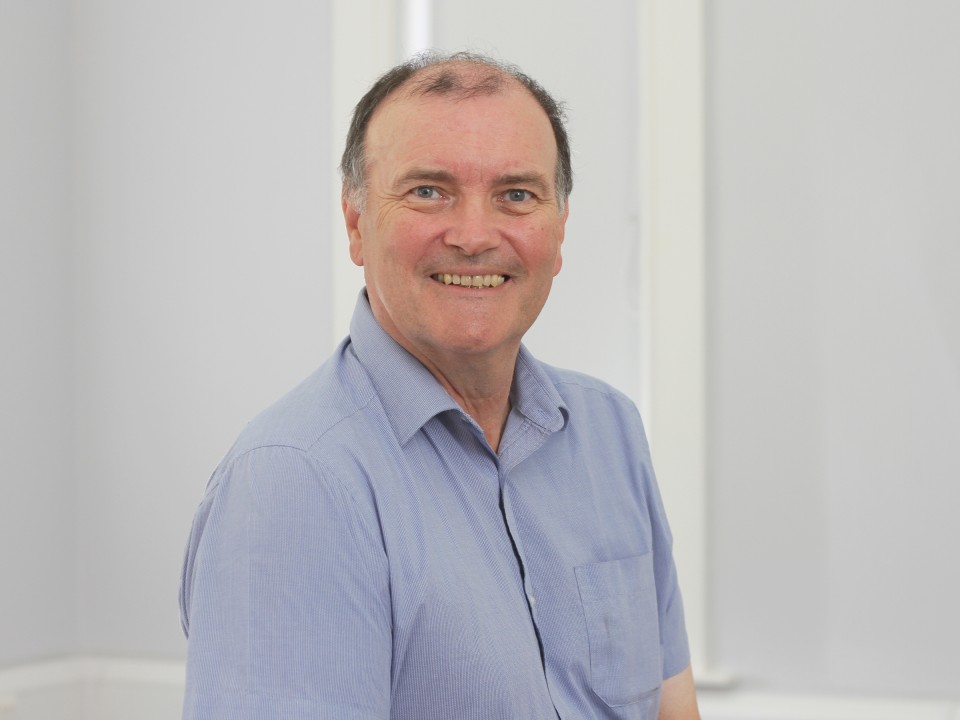Member story – Nottingham Community Housing Association
In our new member profile series, we ask housing associations and local authorities why they joined Building Better. Find out about their drivers, their challenges, and their plans for the future.
Nottingham Community Housing Association (NCHA)
Set up in 1973, NCHA houses more than 20,000 people and manages 10,000 homes all over the East Midlands. They currently work with 23 local authorities to build new affordable homes, including properties for sale, rent and shared ownership.
They have a target to build 2,100 homes over the next five years.
For years, NCHA has been looking to build MMC schemes. But they found some suppliers weren’t financially robust, and opportunities fell at the last hurdle. In 2020 NCHA joined Building Better. They are now aiming to build an initial 80 MMC homes over the next five years.
When did you first begin looking at MMC?
Back in 2012 and then again in 2018, NCHA looked at projects with two different MMC contractors. But in the emerging market, neither of them turned out to be reliable and they both went bust. Those experiences and anecdotal knowledge on the affordable housing scene made me think that we were always going to struggle with MMC unless we joined an organisation like Building Better which has 29 members, provides a focused MMC strategy and has strong influence over the supply chain.
How many MMC homes are you planning to develop?
My target is 80 MMC homes by 2026. You have to remember that 90% of our programme at NCHA is developer-led so we haven’t got a lot of schemes we can use for MMC. But we’ve always said at the outset that we’d hope to use more, so initially we’re looking at 80 but we have the ability to grow that number.
NCHA’s partnership with Building Better will support us in our MMC plans and that will also help us meet our target to build 420 homes each year for the next five years, across the East Midlands.
What are your drivers behind MMC?
The government’s targets are for 300,000 new homes each year but that’s a difficult target to meet at a time when fewer young people are joining the construction industry than ever before. With a wealth of jobs available out there, perhaps a building site in a cold and frosty field in February just doesn’t sound that appealing?
MMC can help with this. The modular units are constructed in a warm, dry factory, resulting in much less contractor time on site.
Sustainability is also a big motivation. MMC will contribute to that agenda – it presents an easier route to zero carbon by producing reduced waste on site and less community disruption. The homes are well insulated and more energy efficient to live in than traditionally constructed homes. Our customers will benefit from more heat-efficient housing with lower running costs. MMC homes will help NCHA to meet the targets we are setting through our Environmental Standards Group.
Why did you join Building Better?
Building Better will help us to make the MMC case to colleagues. There are seminars and education events we can attend with our property services and sales teams. We have our own architects team and a building construction technical department; they all want to find out more about MMC. Our sales team were worried early on that we wouldn’t be able to mortgage MMC homes in our area and that would impact our ability to securitise our own properties; but Building Better has given us reassurances. That reassurance is also important for our lenders.
Building Better has conducted a formal procurement tender exercise for their first MMC framework, pre-vetting three suppliers and giving members – like NCHA – security in purchasing as well as economies of scale. As part of this national alliance of organisations we can benefit from improved speed, affordability, delivery and sustainability.
One of the barriers we’ve always felt is cost. In the past, the difference between timber frame construction and MMC has been significant, but this is changing, and the new Building Better framework gives more cost certainty. Early figures from Building Better members, comparing the cost of traditional with MMC construction, show they are closing the gap on costs.
Cost is also a big thing around net zero and the uplift in price from Building Better’s tender package to zero carbon is negligible, which is really positive.
I really believe that being part of Building Better presents an opportunity to build well designed homes that are qualitatively and quantitatively better than can otherwise be procured alone.

Richard Vickery is Head of Development at NCHA
This article was originally published on LinkedIn
30 September 2021